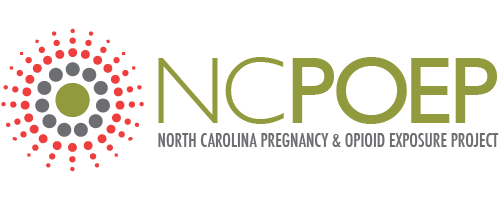Methadone: Opioid Treatment Program (OTP)
Methadone is classified as a pure mu opioid-agonist with a long half-life (24-36 hours), which allows for once-daily dosing. Methadone is the medication of choice for opioid-use disorder treatment during pregnancy, owing to the simple fact that more data are available on neonatal outcomes following in utero exposure to methadone. The Food and Drug Administration (FDA) has established five categories of pregnancy drugs based on the potential of a drug to cause birth defects when used during pregnancy; methadone is a Pregnancy Category C drug. Methadone has not been approved by the FDA specifically for treatment of opioid dependence during pregnancy despite widespread recommendations of methadone as the medication of choice in pregnancy. Initiating treatment to methadone should be offered to all women who are pregnant and have an opioid-use disorder.[1]
Methadone for the treatment of an opioid-use disorder is available only through opioid-treatment programs. These programs provide medical screening and substance-use disorder counseling, including a full social assessment. Provision of these ancillary services has been shown to improve retention in treatment and treatment outcomes.
Pregnant women are a high priority for treatment with methadone and will automatically be enrolled in a treatment program even though there may be wait lists for other patients.[2] In North Carolina, the major barriers to methadone treatment are the restricted times at treatment centers for daily dosing, cost, and the travel that is often required to access treatment. These issues are particularly difficult for women who are in school, working, have young children at home, and those who live a long distance from a treatment center. Access to medication and the ability to realistically comply with a treatment program should be considered in the overall decision regarding medication choice.



